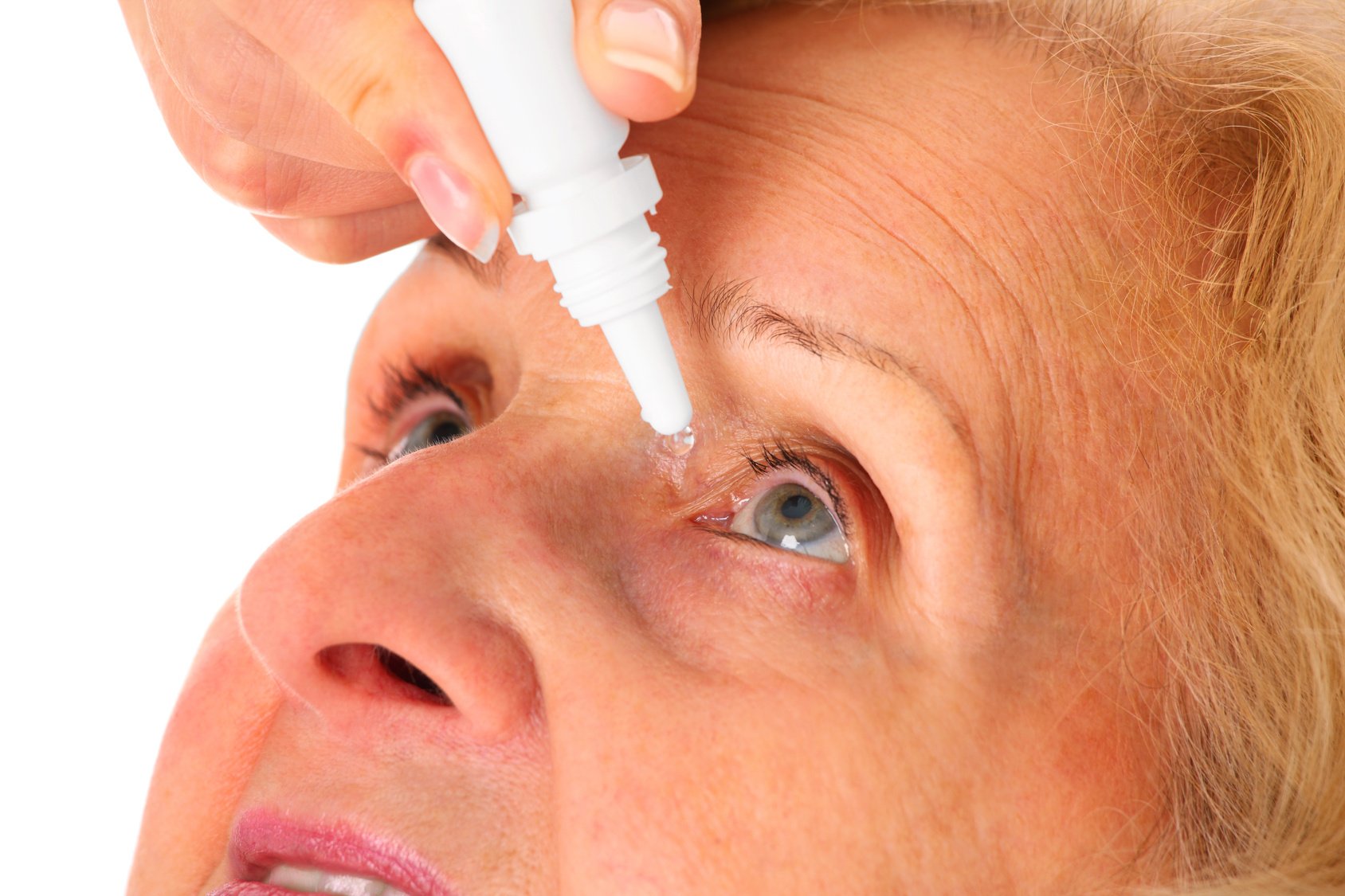All Categories
Featured

While the majority of individuals recognize the relevance of securing their skin from the sun, the hazardous effects of ultraviolet (UV) rays on eye health and wellness often go neglected. Whether you're saturating up the sunlight on a summer day or strolling outdoors on a gloomy afternoon, safeguarding your eyes from UV rays is essential.
What Are UV Rays? UV rays are a sort of electromagnetic radiation sent out by the sunlight. They are categorized right into 3 types:
UVA Rays: These permeate deep into the skin and eyes and can add to long-term damages. UVB Rays: These rays are a lot more extreme than UVA and are largely responsible for surface-level damage to the eyes and skin. UVC Rays: These are one of the most unsafe yet are mostly absorbed by the Earth's ozone layer and do not typically reach us. UVA and UVB rays are the main wrongdoers behind eye-related damage.
Short-Term Effects of UV Exposure on the Eyes. Also temporary exposure to extreme UV rays can harm your eyes. One usual condition triggered by this is photokeratitis, or "sunburn of the eye." Signs and symptoms of photokeratitis consist of:
Agonizing, red eyes. Sensitivity to light. Tearing or extreme watering. Temporary vision loss or fuzzy vision. Photokeratitis is typically temporary, yet it serves as a caution of how harmful UV direct exposure can be, even in tiny dosages.
Long-Term Impacts of UV Exposure. Prolonged direct exposure to UV radiation can lead to much more major and irreversible eye problems, such as:
Cataracts: UV rays can speed up the development of cataracts, a condition that causes clouding of the eye's all-natural lens, resulting in blurry vision and, if untreated, loss of sight.

Macular Degeneration: UV direct exposure can damage the retina, specifically the macula, increasing the danger of age-related macular degeneration (AMD), which affects central vision.
Pterygium: A development of cells on the white part of the eye that can prolong over the cornea, triggering pain, soreness, and vision troubles.
Pinguecula: UV direct exposure can cause yellowish deposits to base on the conjunctiva, bring about inflammation and dryness.
Skin Cancer Cells Around the Eyes: The fragile skin surrounding your eyes is very susceptible to UV radiation, raising the danger of skin cancers cells like basal cell cancer and squamous cell cancer.
How to Shield Your Eyes from UV Rays. Safeguarding your eyes from UV rays is basic and needs a couple of conscious practices:
Purchase Quality Shades: Choose sunglasses that block 100% of UVA and UVB rays. Try to find labels that define "UV 400" defense. Wrap-around styles are perfect as they obstruct UV rays from the sides as well.
Wear a Wide-Brimmed Hat: A hat with a border a minimum of 3 inches wide can considerably minimize UV exposure to your eyes and face.
Limitation Exposure During Top Hours: UV rays are toughest in between 10 a.m. and 4 p.m. If you have to be outdoors throughout these hours, make sure you're effectively safeguarded.
Do Not Be Fooled by Clouds: UV rays can penetrate with clouds, so it is essential to wear sunglasses also on overcast days.
Secure Your Eyes Year-Round: Snow, sand, and water can show UV rays, heightening their results. Eye security isn't simply for warm summer days-- ensure you're covered in all seasons.
Usage UV-Blocking Contact Lenses: Many get in touch with lenses now include UV defense. If you wear calls, ask your optometrist about lenses with built-in UV filters for included protection.
Encourage Eye Defense for Children: Kid's eyes are a lot more delicate to UV rays due to the fact that their lenses are more clear, permitting even more radiation to reach the retina. Ensure they put on sunglasses and hats throughout exterior tasks.
Regular Eye Tests. Normal exams with an eye care professional are crucial for very early detection of any kind of UV-related damage. An eye doctor or ophthalmologist can review your eyes, suggest protective actions, and spot problems like cataracts or macular degeneration at an early stage.
Verdict. UV rays position a considerable risk to eye wellness, and their impacts can collect over time. With the right precautions, you can decrease these risks and secure your vision. By wearing UV-blocking sunglasses, limiting sunlight exposure during top hours, and staying consistent with eye examinations, you can guarantee your eyes stay healthy and your vision continues to be clear for several years ahead. Protecting your eyes from UV radiation isn't simply regarding convenience-- it's an essential step in preserving your long-lasting eye health and wellness.
Latest Posts
Learn How WyHy Federal Credit Union Maximizes Your Savings on Borrowing and Banking
Improve Your Home's Exterior with Weathercraft's Exterior siding Solutions
Unlock WyHy FCU – Key Advantages for Your Future